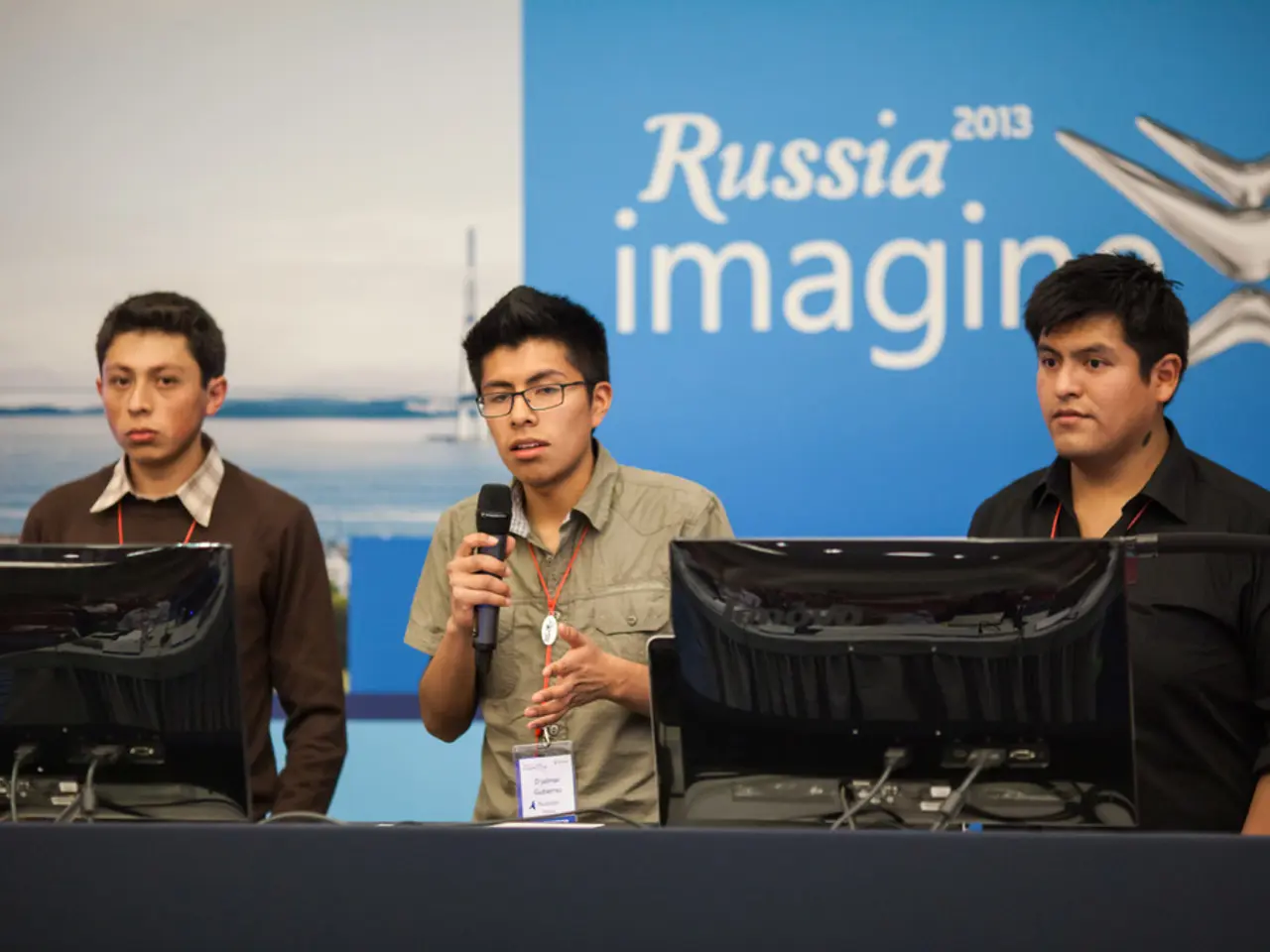Global Governments Prohibit Use of TikTok
In recent years, the popular social media app TikTok has faced growing concerns worldwide due to its Chinese ownership and the potential risks associated with data privacy and cybersecurity.
TikTok, owned by the Chinese company ByteDance, has been the subject of scrutiny in various countries, with some imposing restrictions instead of an outright ban. However, countries like Bangladesh, Pakistan, and Indonesia have taken the step of banning TikTok, citing concerns about national security and inappropriate content.
As of 2025, a total of 23 countries have either fully or partially banned or restricted TikTok. Among the latest additions are Albania, Canada, and the United States. Albania has imposed a full ban due to concerns about youth violence and social instability, while Canada has banned TikTok on government devices and closed its offices. The United States, on the other hand, is enforcing a law that requires ByteDance to divest its U.S. operations or face a nationwide ban. The deadline for compliance is set for September 17, 2025.
The concerns surrounding TikTok's data privacy and cybersecurity are manifold. Analysts have pointed out that as a Chinese-owned company, TikTok may be compelled to share data with the Chinese government without legal recourse. This has raised national security concerns in countries like the United States, leading to legislation such as the Protecting Americans from Foreign Adversary Controlled Applications Act.
In response to these concerns, TikTok has launched Project Texas, an initiative aimed at keeping U.S. user data within the United States. The project aims to address privacy concerns and enhance platform security.
Despite the bans and restrictions in some countries, TikTok's popularity shows no signs of slowing down. With over 1 billion active users worldwide, the app remains a popular platform for users to create and share content. However, TikTok has faced criticism for allowing inappropriate or offensive content, leading some countries to ban the platform.
In an effort to address these issues, TikTok has been updating its community guidelines and content moderation policies globally. The company has been investing in AI moderation and emphasizing safety and rule enforcement to enhance platform security and respond to regulatory pressures.
In conclusion, the global restrictions on TikTok are primarily due to fears about data privacy and cybersecurity risks linked to its Chinese ownership. Some countries have banned the app outright or restricted its use on government devices, while others have imposed strict data privacy regulations. The future of TikTok's ability to address these concerns and continue its global popularity remains uncertain.
The encyclopedia of technology would likely include an entry on TikTok, detailing its controversies related to data privacy and cybersecurity, as it is a Chinese-owned app that may be compelled to share user data with the Chinese government. The United States' Protecting Americans from Foreign Adversary Controlled Applications Act is a testament to these concerns. In response, TikTok has initiated Project Texas, aiming to store U.S. user data within the United States and enhance platform security.




